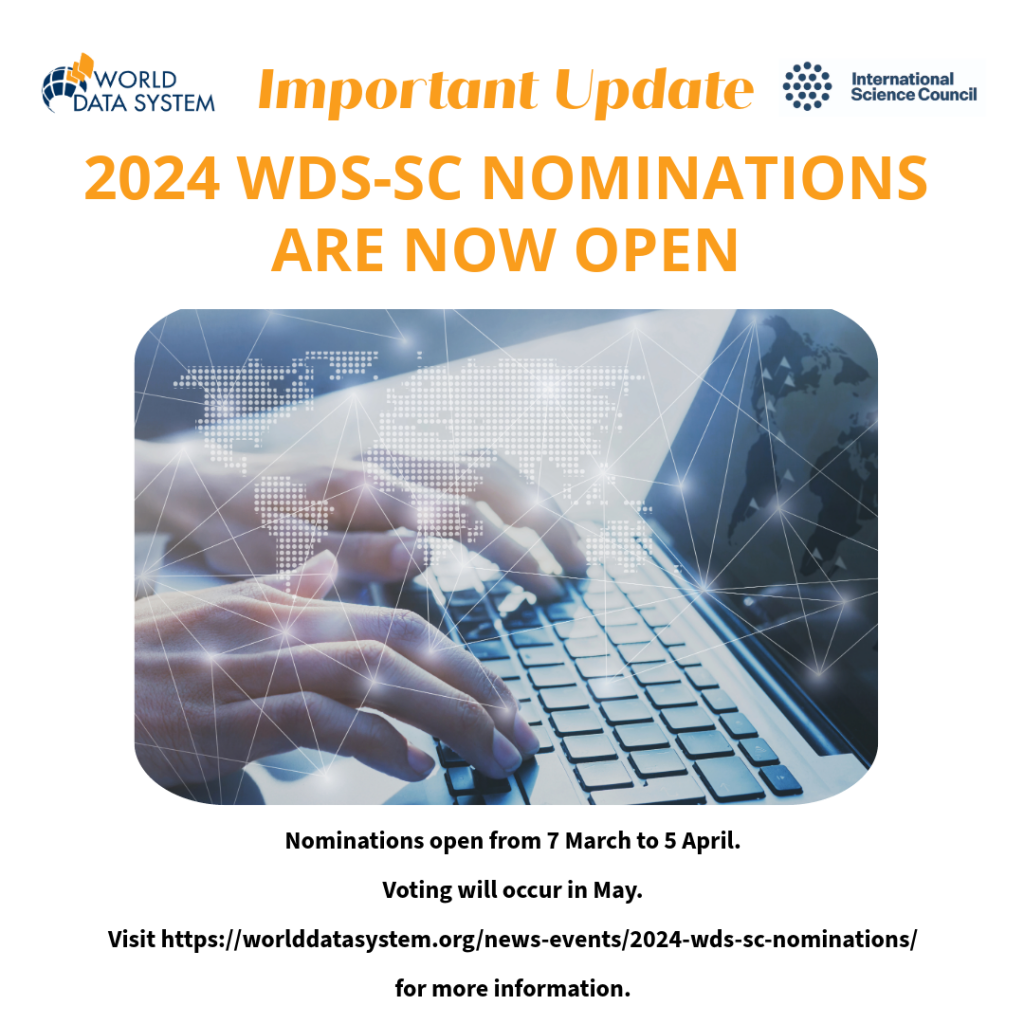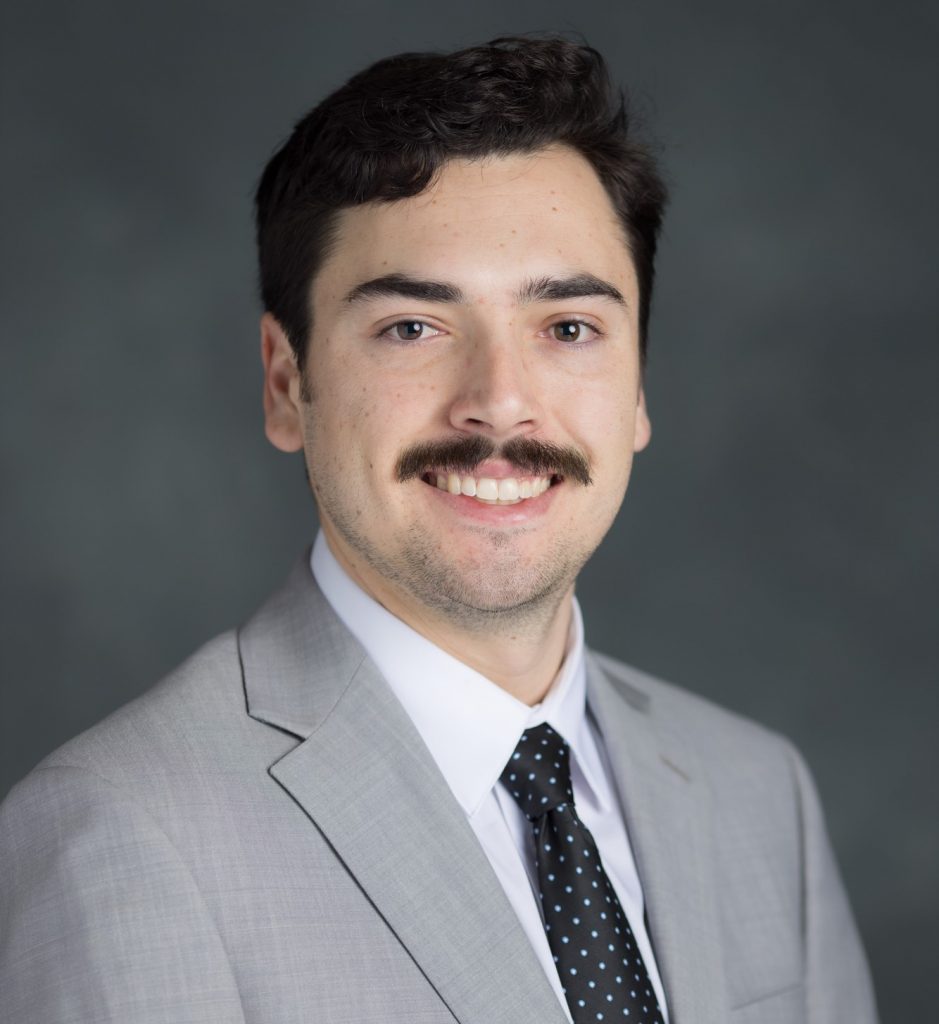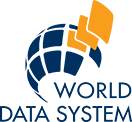3 Apr 2024 | News

WDS is excited to announce a new endorsement of the Open Climate Campaign.
World Data System, 4 April 2024 — World Data System is proud to join international organizations and open access advocates to endorse and promote the Open Climate Campaign. To make open sharing of research outputs the norm in climate science, Creative Commons, SPARC, and EIFL launched a 4-year Open Climate Campaign in August 2022 with funding from Arcadia, which built on planning funds from the Open Society Foundations. Climate change, and the resulting harm to our global biodiversity, is one of the world’s most pressing challenges. While the existence of climate change and the resulting loss of biodiversity is certain, knowledge and data about these global challenges and the possible solutions, mitigations, and actions to tackle them were too often not publicly accessible.
The WDS, alongside many researchers, governments, and global environmental organizations recognizes the importance of sharing research openly to accelerate progress in combating climate change through facilitating effective knowledge sharing and collaboration across disciplinary and geographic borders.
This global Open Climate Campaign is currently operating under the following goals:
- Bring attention to the issue of access to knowledge on climate change and biodiversity.
- Work directly with national governments, funders and environmental organizations to create open access policies and make it easier to share their climate change content.
- Identify, engage and contribute to draft international frameworks to include open access policy recommendations.
- Identify important existing climate and biodiversity research publications not already open access and help them move to open access where possible. We will also explore tactics to facilitate changes in publisher actions to ensure climate and biodiversity research is open access.
- Engage with researchers, universities and policy makers in traditionally excluded geographical regions to ensure inclusive outcomes throughout.
One way of contributing is to encourage our members and partners to participate in the campaign when the opportunity arises. Make sure to share with WDS if you engage so we can also highlight your efforts. WDS will also contribute by sharing information on the Open Climate Campaign on social media and also host at least one webinar per year on data and the Open Climate Campaign on how to identify progressive actions in climate conversations. If you have suggestions on upcoming topics or events, please contact wds-ipo@utk.edu.
To learn more about the Open Climate Campaign or to connect, please visit the Open Climate Campaign website. We encourage members to subscribe to the campaign newsletter for future updates here.
7 Mar 2024 | News

Join the World Data System Scientific Committee (WDS-SC): Two Vacant Positions Open Now
We’re pleased to announce that the World Data System is currently seeking to fill two vacant positions on our esteemed Scientific Committee. The WDS-SC is the governing body of WDS, and it is made up of leading scientists experienced in using extensive data resources or data center/service executive leads. SC members are appointed for three years and may renew once. As an organization, we’re committed to fostering effective communication among all members and ensuring their diverse representation in every aspect of our operations.
Visit the WDS website to learn more about the current WDS Scientific Committee.
In line with the WDS Action Plan, in filling these new vacancies we aim to invite fresh perspectives and innovative ideas into our committee. We believe in the power of diversity and inclusiveness, particularly from regions and disciplines where voices have traditionally been underrepresented.
With a special focus on closing gaps in representation from the global south and underrepresented data-intensive disciplines, we’re eager to broaden our horizons. If you’re from one of these areas or possess expertise in such fields, we strongly encourage your participation.
By joining us, you’ll play a significant role in shaping the future of data science and its global impact. You’ll work collaboratively with other committee members from around the world towards common goals – improving quality standards, promoting best practices, and ensuring equitable and global access to data across all scientific domains. Apply today for an opportunity to be part of this transformative journey as we strive for greater diversity and inclusivity within WDS and beyond!
Nominations, including self-nominations, will be open from 7 March to 5 April. Voting on the slate of candidates by WDS members will occur in May.
To learn more and to submit a nomination, please visit the survey link here.
Please contact wds-ipo@utk.edu with any questions.
7 Feb 2024 | News

The World Data System’s International Program Office (WDS-IPO) proudly announces the hiring of Cameron Breland as the new Communications Specialist, joining the active team led by Dr. Suzie Allard, Principal Investigator, and Meredith Goins, Executive Director. With an M.S. in Journalism and an undergraduate degree in Integrated Marketing and Communications, Cameron brings distinctive marketing experience from collegiate athletics, higher education, and public health to the communications role for the WDS-IPO.
Throughout his education and early career in marketing, Cameron developed a passion for seeking out information. The COVID-19 pandemic was occurring as he was completing his master’s, and his unique viewpoint on COVID-19 misinformation and the possible health effects of social media misinformation led him to develop a thesis project based in the public health field. It was a holistic perspective on the intersection of social media, health education, and misinformation in the United States, with an emphasis on misinformation during the COVID-19 pandemic. His graduate research on social media within the public health system taught him about the importance of prompt data collection, as research and future progress in any discipline depend heavily on data access.
Furthermore, Cameron’s experience in promotions with various community shareholders in public health and conducting procedures through team efforts in a local government setting further enhanced his ability to communicate efficiently within the international research community. His passion for critical analysis and data-driven communications aligns with the WDS’s commitment to promoting unrestricted access to invaluable research data worldwide.
Meredith Goins, on behalf of the WDS-IPO leadership team, expresses her confidence in Cameron’s exceptional qualifications, “WDS-IPO is thrilled to have a strong communicator with research experience join our team. His selection signifies the WDS’s dedication to advancing open science and empowering researchers with unfettered access to critical data resources.”
“I am excited about the opportunity to contribute to the valued team at the World Data System’s International Program Office,” expresses Cameron Breland. “Together, we will continue the great work in outreach to further advance networks and always keep moving our mission forward.”
Media Contact: Cameron Breland, Communications Specialist, cbrelan1@utk.edu
9 Jan 2024 | News
WDS takes great pride in its commitment to showcasing the work of our members and partners. We’re excited to share information about their insightful presentations, engaging posters, and remarkable exhibitions at AGU23!
Click here to access the list of WDS Members at AGU23!
7 Dec 2023 | Member Highlights, News
The Biological and Chemical Oceanography Data Management Office (BCO-DMO), located at the Woods Hole Oceanographic Institution, curates a database of research-ready data spanning the full range of marine ecosystem-related measurements including in-situ and remotely-sensed observations, experimental and model results, and synthesis products.
BCO-DMO’s data stewardship philosophy encompasses all phases of the data life cycle from “proposal to preservation”. Their view of the data life cycle includes the following eight steps: science proposal writing; data acquisition; analysis and synthesis; data contribution; discovery and access; data use and reuse; publication; and preservation.
7 Dec 2023 | Member Highlights, News
GO FAIR is a bottom-up, stakeholder-driven and self-governed initiative that aims to implement the FAIR data principles, making data Findable, Accessible, Interoperable and Reusable (FAIR). It offers an open and inclusive ecosystem for individuals, institutions and organizations working together through Implementation Networks (INs). INs are active in three activity pillars: GO Build (Technology), GO Change (Culture), and GO Train (Training).
Their aim is to connect FAIR stakeholders and foster a community where FAIR approaches can be shared, discussed, and advanced collaboratively. With GO FAIR US, the United States joins the Netherlands, France, Germany, and Brazil in establishing country-level coordinating offices.
7 Dec 2023 | Member Highlights, News
Aligning the expertise and infrastructure of the University of Tennessee and Oak Ridge National Laboratory, the UT-Oak Ridge Innovation Institute is a hub for world-class discovery and innovation, interdisciplinary graduate education, and talent development.
The UT-Oak Ridge Innovation Institute addresses emerging, top-tier industry and workforce needs. The institute develops locally relevant and globally competitive scientists and engineers. Students will be prepared by teaching innovation and interdisciplinary problem-solving skills.
7 Dec 2023 | Member Highlights, News
The Australian Ocean Data Network (AODN) is an interoperable online network of marine and climate data resources. The AODN was formed through a collaboration between six Australian Commonwealth Agencies with primary responsibility for marine data. Since its inception, the AODN has grown to encompass organizations and individual members of the Australian, New Zealand, and Pacific marine research community.
The marine data collections are made freely available to the public. Data covers a wide range of parameters in different ocean environments collected from ocean-going ships, autonomous vehicles, moorings, and other platforms. The scope of observations, geographically spanning ocean to coast, and across disciplines (physical, biogeochemical, biological), provides a challenge to deliver an intuitive easy-to-use robust information infrastructure enabling users to efficiently obtain the data they need.
8 Sep 2023 | Member Highlights
The World Data Centre for Soils (WDC-Soils) is a member of the World Data System and a leading provider of soil-related collections and information services. WDC-Soils is hosted by ISRIC – World Soil Information, an independent foundation that serves as a custodian of global soil information.
WDC-Soils’ mission is to ensure the long-term preservation and archiving of soil specimens, country documentation, and geo-referenced databases. Many of these resources are available freely online and can be used to support studies of environmental, societal, and economic sustainability.
WDC-Soils follows clear procedures and workflows for safeguarding, quality-assessing, standardizing, and serving soil data to the world, using FAIR principles. WDC-Soils also promotes open science, data literacy, and data stewardship among its stakeholders and partners.
WDC-Soils is a valuable member of the World Data System community. It is a leader in the field of soil science and its work is making a real difference in the world. Here are some of WDC-Soils’ accomplishments:
- Developed the ISRIC Soil Data Hub: a web portal that provides access to various soil data products and services from ISRIC and other sources.
- Created the SoilGrids system: a global gridded soil information system that provides high-resolution maps of soil properties and classes.
- Launched the Global Soil Information Facilities project: a collaboration between ISRIC and other partners to develop a global infrastructure for soil data sharing and integration.
Operating across disciplines and borders, the World Data Centre for Soils liberates the potential of soil data to provide insights into local, regional, and global processes. Their commitment as a World Data System member to offering state-of-the-art soil data services propels innovative soil science with far-reaching benefits. Through a ceaseless focus on improvement, they expand access to soil information for researchers worldwide.
8 Sep 2023 | Member Highlights

The World Glacier Monitoring Service (WGMS) has been a Regular member of the World Data System since 13 December, 2011. WGMS is a leading provider of standardized data on glacier fluctuations. WGMS collects and disseminates data on changes in mass, volume, area, and length of glaciers with time, as well as statistical information on the distribution of perennial surface ice in space.
WGMS’s mission is to support the understanding and assessment of the effects of climate change on glaciers and ice caps, and their implications for water resources, sea level, and natural hazards. WGMS works under the auspices of several international organizations, such as the International Association of Cryospheric Sciences (IACS), the International Union of Geodesy and Geophysics (IUGG), the International Science Council (ISC), the United Nations Environment Programme (UN Environment), the United Nations Educational, Scientific and Cultural Organization (UNESCO), and the World Meteorological Organization (WMO).
WGMS follows clear procedures and workflows for safeguarding, quality-assessing, standardizing, and serving glacier data to the world, using FAIR principles. WGMS also promotes open science, data literacy, and data stewardship among its network of scientists and data providers.
Here are some of WGMS’s accomplishments:
The World Glacier Monitoring Service nourishes the global science community through its dedication to compiling comprehensive glacier data and promoting its use to understand worldwide environmental changes. As an engaged member of the World Data System, WGMS evolves continuously to broaden its services and ensure they speak to emerging research needs and societal challenges.




